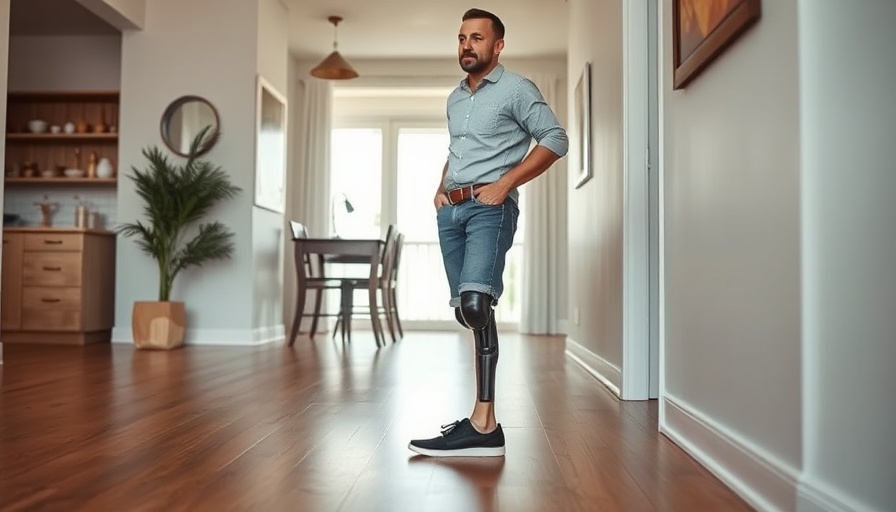
A Growing Dilemma for Amputees in America
The challenge facing many amputees in America today highlights a glaring issue: limited coverage for prosthetic limbs by health insurers, leading many to question their medical necessity. Michael Adams, a 51-year-old cancer survivor from Lafayette, Colorado, recently faced this obstacle head-on. Despite the stability and life-enhancing benefits his microprocessor-controlled knee provides, his new insurance plan denied authorization for a replacement, deeming it medically unnecessary, contrary to his doctor's long-standing prescriptions.
Understanding the Disparity
Compared to common surgical procedures like knee or hip replacements, which are heavily insured, prosthetic limb coverage suffers from disparity and inconsistency. This inequality has raised eyebrows within the amputee community and advocacy groups, prompting them to label it as discriminatory. Jeffrey Cain of the Amputee Coalition poignantly notes the bias present when insurance covers a knee replacement if it's under skin but denies coverage if it's beneath plastic.
A Call for Change
With approximately 2.3 million individuals living with limb loss in the U.S. alone, and this figure projected to double, the call for equitable prosthetic coverage is becoming increasingly urgent. As highlighted by the Amputee Coalition, many insurance companies impose caps and restrictions, even for basic prostheses, denying many the chance to improve their quality of life with these critical devices.
Unique Benefits of Equality in Prosthetic Coverage
Ensuring comprehensive insurance coverage for prosthetic limbs not only enhances physical mobility, but it also promotes emotional well-being and societal integration. Addressing this coverage inequality can lead to significant improvements in the lives of amputees, empowering them to live independently and with dignity.
 Add Row
Add Row  Add
Add 




 Add Row
Add Row  Add
Add 



Write A Comment